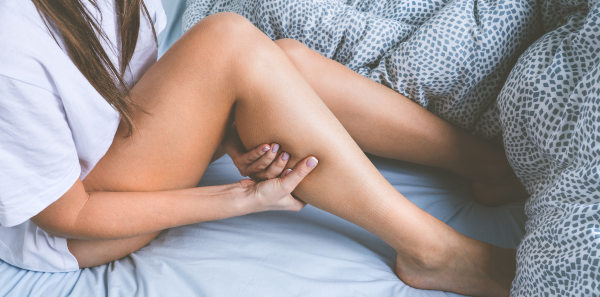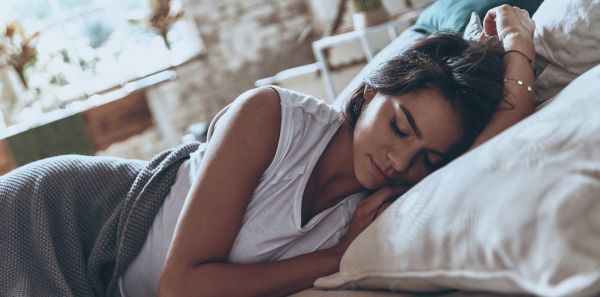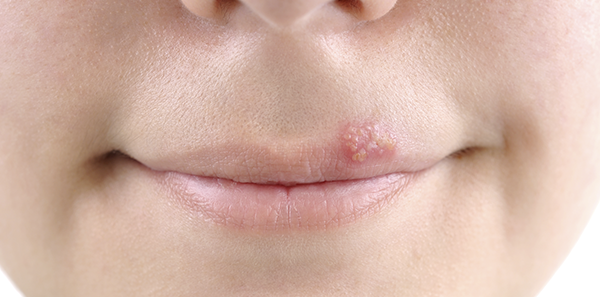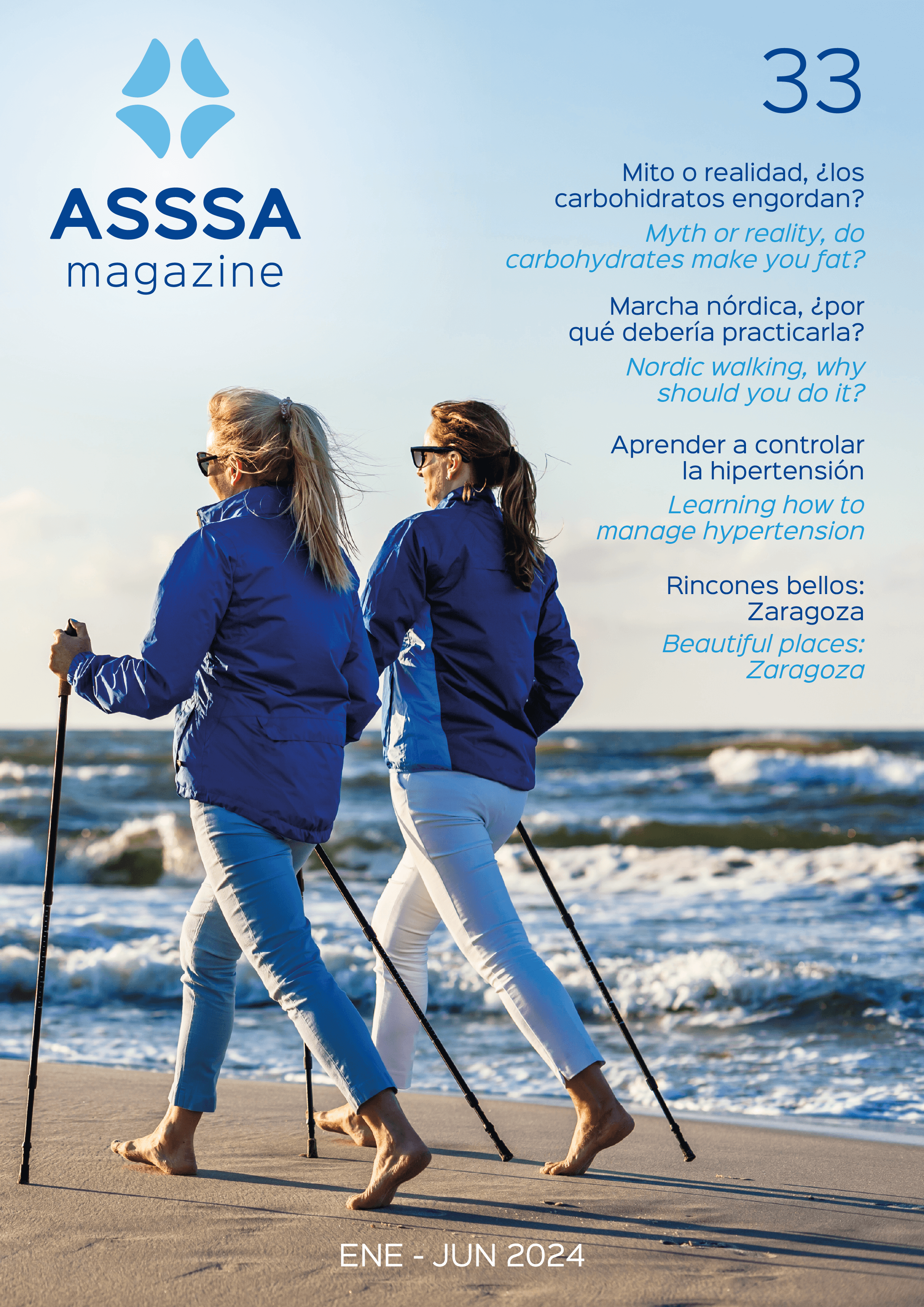
Night cramps are involuntary and normal muscle contractions that are not usually caused by any medical condition. They typically occur in your legs, feet, and thighs.
They affect between 40-50% of people over the age of 50, especially women, but also athletes, pregnant women and patients suffering from motor neuron disease (nervous system cells that control muscle contraction or relaxation).
They can vary in intensity, lasting from seconds to minutes. If they occur during exercise, you should stop immediately.
Causes of night cramps
- Dehydration. This is the most common cause. When exercising or sweating, you lose important minerals such as chloride, sodium, and magnesium, which play an essential role in muscle function. Therefore, it is important to replenish salts and minerals after training and to stay hydrated when it is hot.
- Warming up and stretching before exercising is essential in order to prevent cramps, as well as damage to your cardiovascular system, injuries and serious fractures.
- Tight footwear. It can put too much pressure on your muscles, which can lead to circulation issues and foot cramps.
- Many medications list cramps among their possible side effects.
- Bad posture. Sitting still for long periods of time, sitting with your legs crossed or one leg over the other, or standing for long periods of time can cause cramps.
- Bad circulation. It can be caused by unhealthy habits such as smoking, a sedentary lifestyle, alcohol consumption, or a diet high in saturated fats.
What can I do?
Do not self-medicate. Anti-inflammatory drugs do not help relieve cramps. You have to resort to home remedies:
- Stretch the affected muscle well. If it is located in your calf, bend your foot upwards vigorously.
- In a seated position, stretch your leg and bend your foot upwards. You can do this with the help of a towel, rolling it up in the centre of your foot and gently pulling it towards you.
- Walk with your feet flat on the ground.
- Stand in front of a wall and spread your feet apart. Without lifting your feet off the floor, lean your body straight forward with your palms resting on the wall. Hold this position until the cramp subsides.
- Apply a hot or cold compress to the affected area.
If cramps are frequent, cause severe pain, and interfere with your everyday life, it is important to consult a healthcare professional to rule out possible pathologies.












